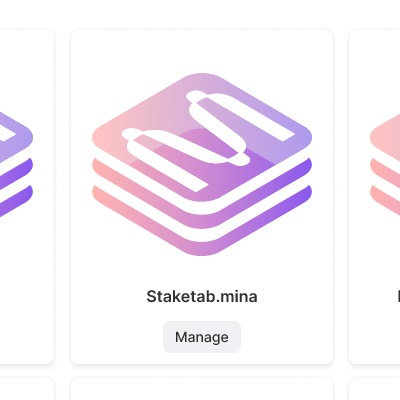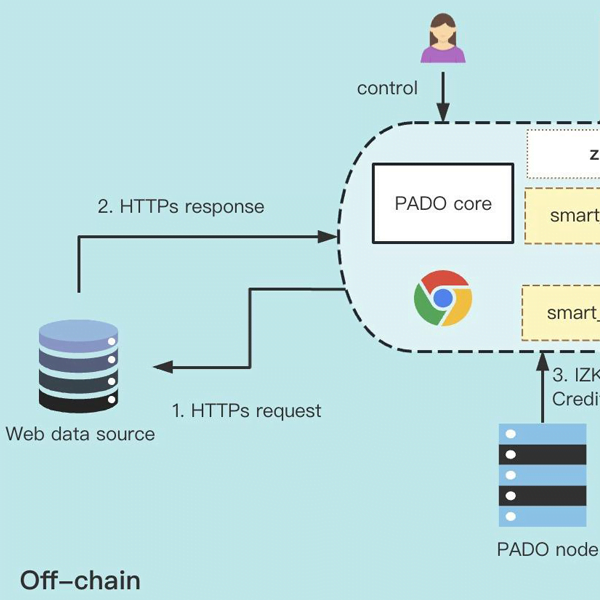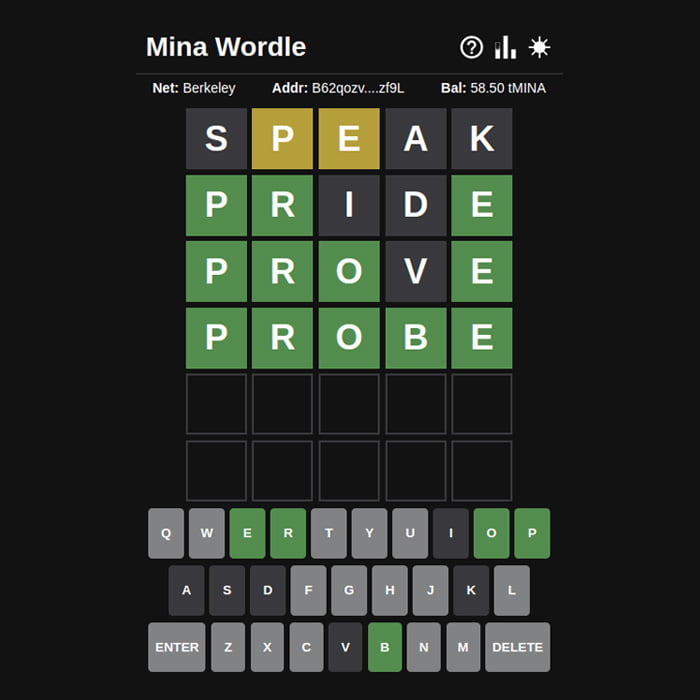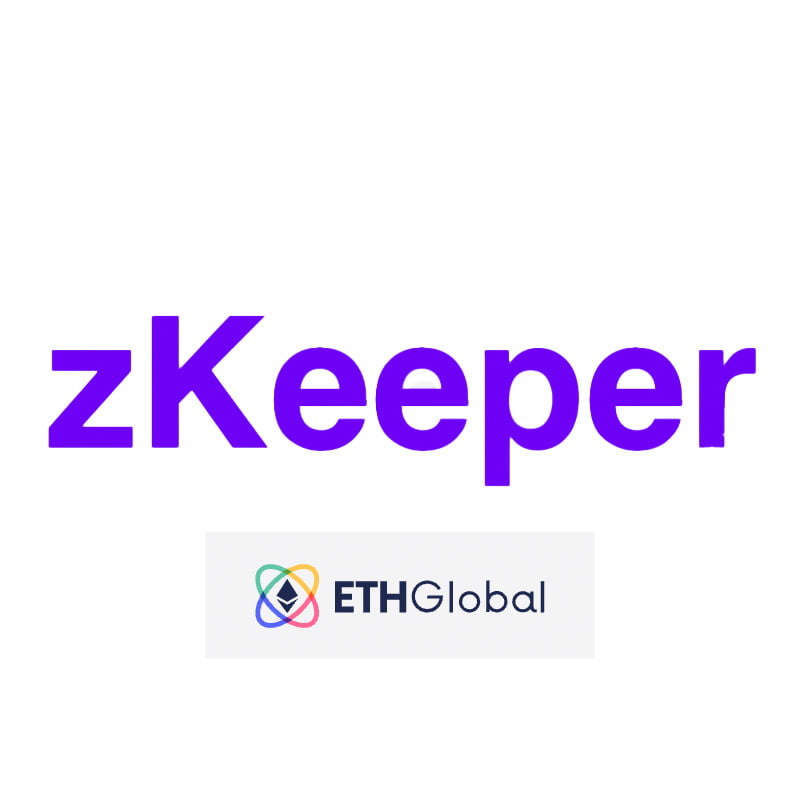Français
Présentant une solution révolutionnaire pour aborder l’anonymat des entités sur la blockchain Mina.
En collaboration avec zkCloudWorker, leur service permet aux utilisateurs de frapper des noms de domaine en utilisant des preuves à connaissance nulle, inaugurant une nouvelle ère d’identité et de reconnaissance pour les comptes, les jetons, les adresses zkApp et les validateurs sur la blockchain Mina.












